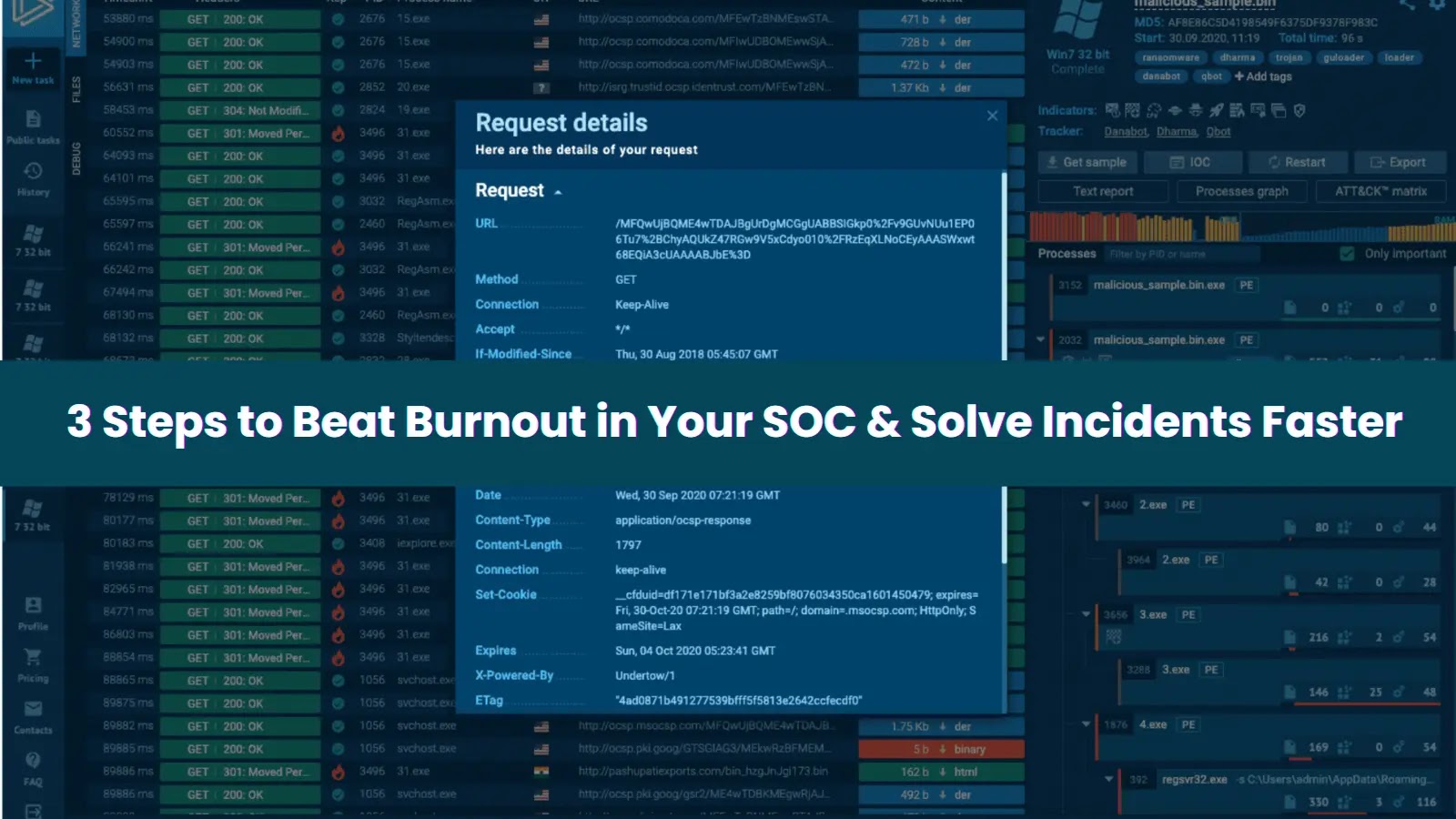In a landmark case highlighting the intersection of cybercrime and national security, Christina Marie Chapman, a 50-year-old resident of Litchfield Park, Arizona, has been sentenced to 102 months in federal prison. Chapman orchestrated a sophisticated scheme that enabled North Korean Information Technology (IT) workers to secure remote positions within over 300 U.S. companies, including several Fortune 500 corporations. This operation not only compromised sensitive corporate data but also funneled approximately $17 million into the coffers of the Democratic People’s Republic of Korea (DPRK), potentially supporting its sanctioned weapons programs.
The Scheme’s Mechanics
Chapman’s operation was multifaceted and meticulously planned. She engaged in the theft of personal information from 68 U.S. citizens, creating fraudulent employment profiles for North Korean operatives. These profiles were used to apply for and secure remote IT positions, deceiving companies into believing they were hiring legitimate American workers.
To maintain this illusion, Chapman established a laptop farm within her residence. She received and hosted company-issued computers, making it appear as though the work was being conducted domestically. In reality, these devices were accessed remotely by North Korean operatives. Additionally, Chapman shipped 49 laptops and other corporate devices to locations overseas, including cities near the China-North Korea border, further facilitating the operatives’ access to U.S. corporate networks.
Financial transactions were carefully orchestrated. Wages earned through these fraudulent employments were funneled into Chapman’s U.S. bank accounts via direct deposits. She also engaged in payroll check forgery operations, ensuring that the funds reached the North Korean operatives without raising suspicion. This complex financial maneuvering not only laundered the illicit earnings but also obscured the true beneficiaries of the scheme.
Scope and Impact
The breadth of this operation was staggering. Over 300 U.S. businesses were infiltrated, spanning various sectors such as technology, aerospace, automotive, luxury retail, and media. Notably, a major television network and a Silicon Valley tech firm were among the affected entities. The infiltration of these companies posed significant risks, including potential exposure of sensitive corporate data and intellectual property.
The financial implications were equally severe. The scheme generated over $17 million in revenue, a substantial portion of which is believed to have been funneled to the DPRK. This influx of funds could potentially support North Korea’s sanctioned weapons programs, thereby posing a direct threat to international security.
Legal Proceedings and Sentencing
Chapman faced multiple charges, including conspiracy to commit wire fraud, aggravated identity theft, and conspiracy to launder monetary instruments. She pleaded guilty to these charges on February 11. In addition to her 102-month prison sentence, U.S. District Court Judge Randolph D. Moss imposed three years of supervised release. Chapman was also ordered to forfeit $284,555.92 intended for the North Korean operatives and to pay restitution amounting to $176,850.
The investigation, led by the FBI Phoenix Field Office and IRS Criminal Investigation Phoenix Field Office, was extensive. In October 2023, law enforcement executed a search warrant at Chapman’s residence, seizing more than 90 laptops. These devices provided critical evidence of the scheme’s operations and the extent of the infiltration.
Broader Implications
This case underscores the evolving tactics employed by state-sponsored actors to circumvent international sanctions and infiltrate foreign economies. By exploiting vulnerabilities in remote work verification systems, North Korean operatives were able to embed themselves within U.S. companies, posing as legitimate employees. This not only facilitated the theft of sensitive information but also provided a significant revenue stream for the DPRK.
In response to this incident, federal authorities have emphasized the need for enhanced security measures in remote hiring processes. The Department of Justice has issued guidance for human resources professionals on identifying and preventing similar infiltration attempts. Companies are urged to implement robust identity verification protocols and to remain vigilant against sophisticated fraud schemes.
Acting Assistant Attorney General Matthew R. Galeotti highlighted the gravity of the situation, stating that the operation exploited more than 300 American companies and government agencies while providing substantial financial support to the DPRK regime. This case serves as a stark reminder of the intersection between cybercrime and national security, illustrating the lengths to which state-sponsored actors will go to achieve their objectives.
Conclusion
The sentencing of Christina Marie Chapman marks a significant victory in the fight against cyber-enabled financial crimes and state-sponsored infiltration. However, it also serves as a cautionary tale for businesses and governments alike. As remote work becomes increasingly prevalent, the importance of stringent verification processes and cybersecurity measures cannot be overstated. Vigilance and proactive measures are essential to safeguard against similar schemes in the future.



